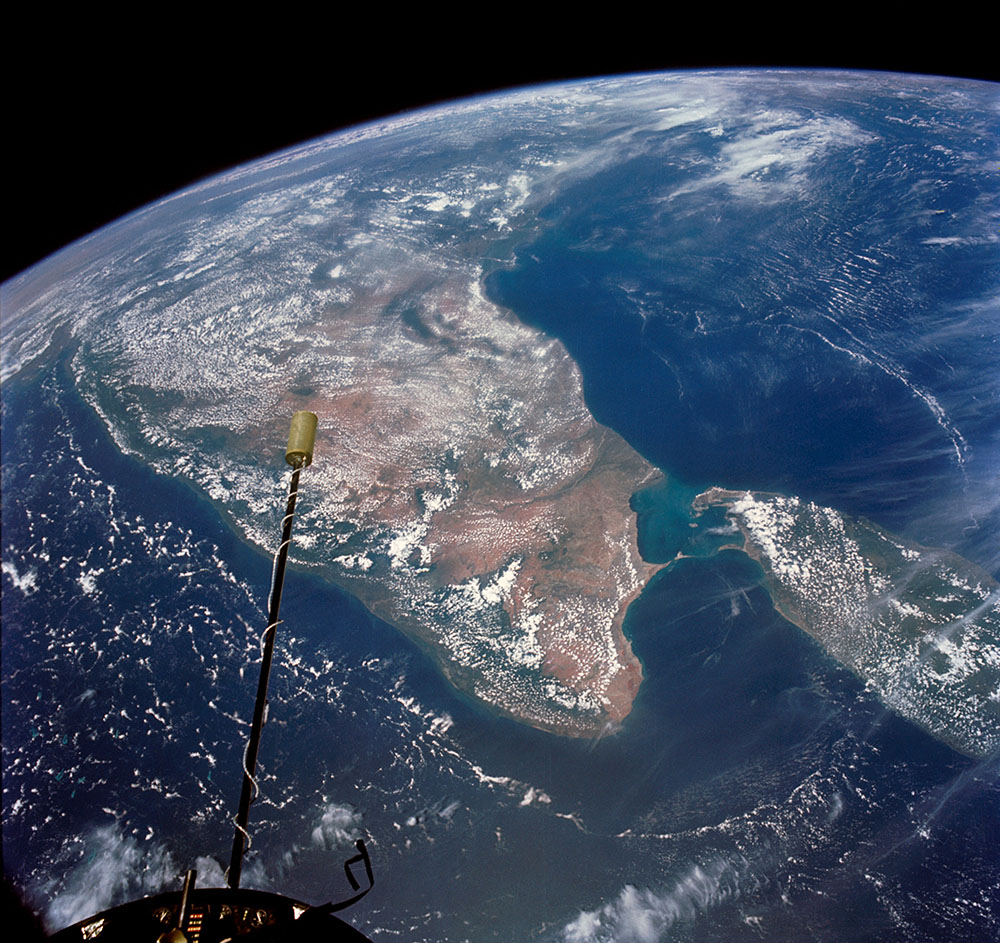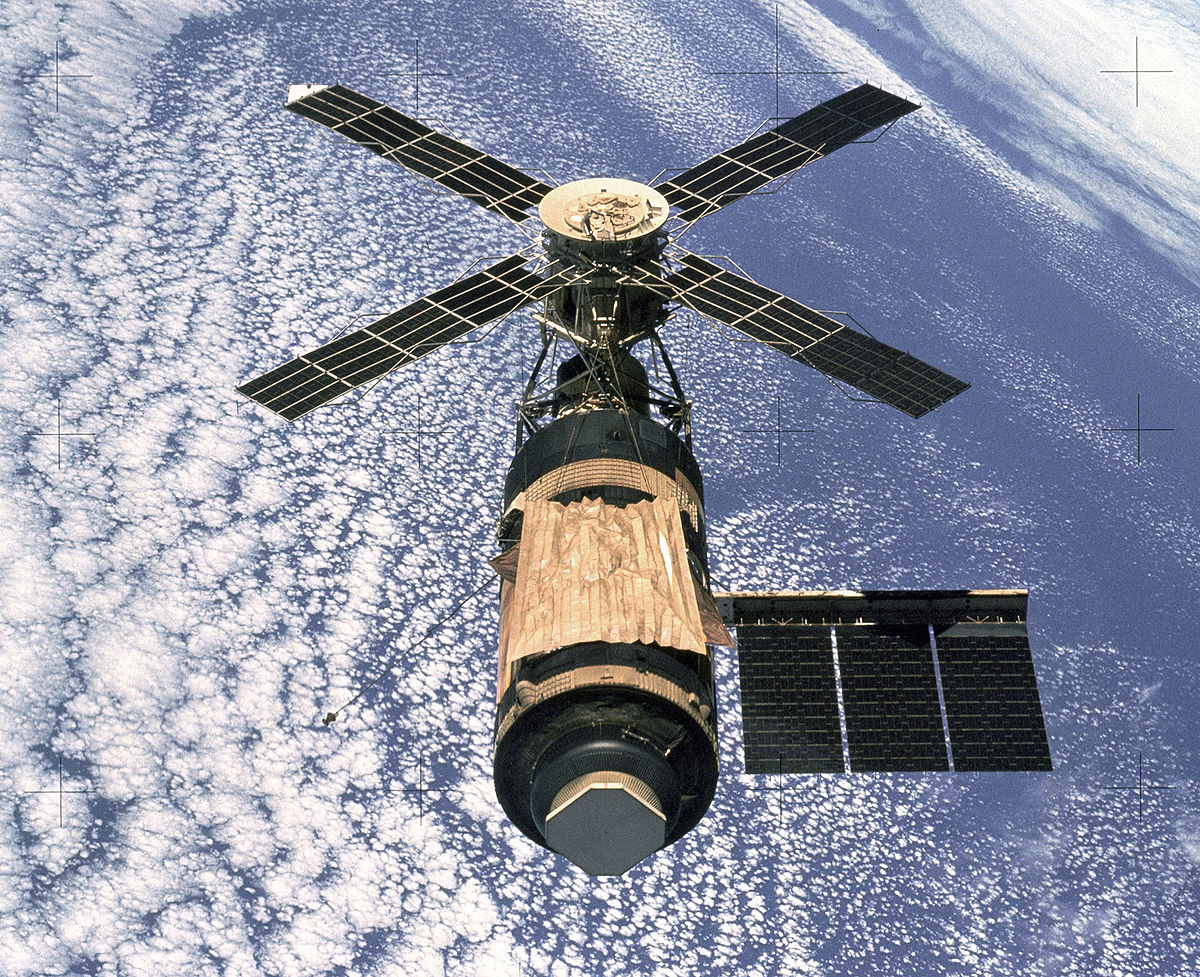Protecting India
The British by the mid 19th century understood the importance of protecting their Indian Empire. Their adventures in Afghanistan stemmed from the desire to protect the territories that lay west of the Indus but east of the Khyber pass. This led them to protect the gates to India the Khyber, which had been used by many external aggressors to enter India. From Darius I of Persia and Alexander's generals in Ancient times to Mahmud of Ghazni and Muhammad Ghori in medieval times. So did Babur, Nadir Shah and Ahmad Shah Abdali(Durrani). Even Chinggis Khan had crossed the Khyber. Khyber and other passes in north west of India were indeed the gates to India. As long as the Hindu Shahi rulers ruled Afghanistan there was no great danger. It led to the British to also submit to the fact that to guard Khyber one has to be on both sides of the pass.
The other far off entry points for India or Indian Ocean was Egypt. The British thus took care to control Egypt and colonised it too. Those who used this path were often ship borne. The entry point of India on its landmass was Bombay. There were also other important ports of Calcutta, Surat, Madras, Cochin etc.
The British thus used the same strategy on land and at sea, protect the entry points of India. This led to British Empire offering guarantees to states that neighboured India, like Tibet, or controlling places like Aden.
Under the British rule the sea forces from India and the British naval forces were the pre eminent power in Indian Ocean.
After independence, India lost its military strategic value. It was a young poor republic and an ancient civilisation that had had lost its civilisation homeland of Indus Valley to a new sectarian state of Pakistan.
But even in its truncated form India was always a power in waiting being among the most populated nations with vast usable coastline.
However, the Army being the senior most service and having the key mandate of defending India's territories that have been encroached upon by both Pakistan and China has been able to corner the major chunk of defence budget. The navy thus has had to make do with a small fraction of the budget. This has compelled the navy to be parsimonious, nimble and efficient. But these advantages haven't been able to compensate towards effectiveness. And thus the Indian Navy is yet to realise its strategic potential that it had inherited from the navy that has defended these lands and India being positioned like a dagger into a massive ocean that bears its name


Comments
Post a Comment